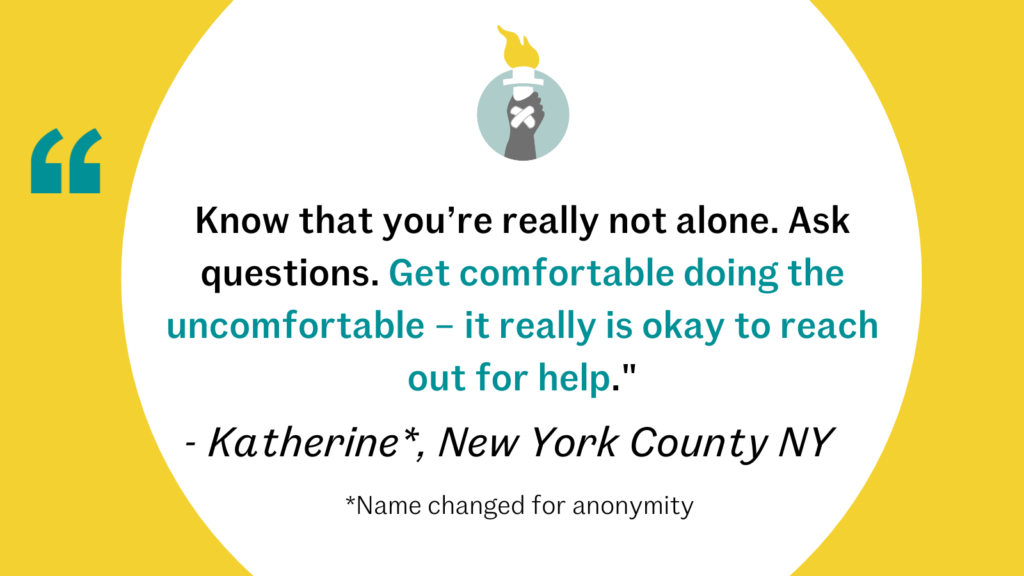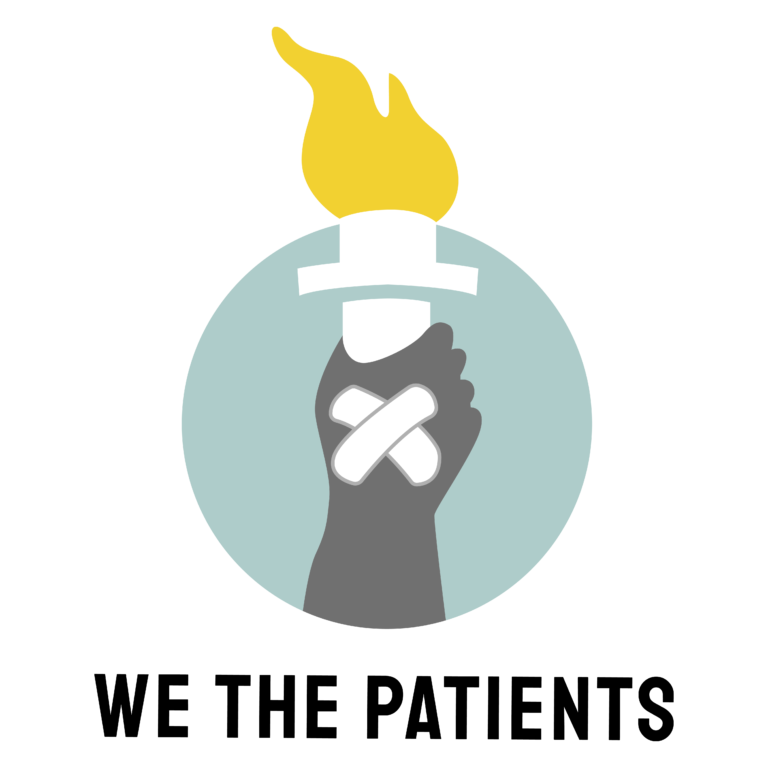When Katherine* was rushed to Northwell Hospital for brain trauma in August 2021, her main concern was recovering from the nightmare of emergency neurosurgery. Then she saw the medical bills.
Years prior, Katherine did as many young and healthy independent contractors do: she signed onto a freelancer’s small group insurance plan. She chose the plan on the recommendation of a friend, and began paying almost $300/month for what appeared to be proper health insurance – until she needed it.
After her emergency, Katherine discovered the plan she had purchased was similar to an “Association Health Plan (AHP),” a privately managed plan that operates in the “ambiguous place between state and federal regulation.” The plans are still in legal limbo after the Trump Administration tried to expand them in 2019, creating confusion and leaving many patients unknowingly exempt from many of the consumer protections mandated by the Affordable Care Act.
As a result, Katherine’s plan offered barely any coverage – $2,500 out of over $600,000 in bills – toward her life-threatening emergency. “It was a hard lesson for me. The plan has a section on critical illness, but the definition is so narrow. You have to literally be on your deathbed.” She said, begging the question: Does brain trauma requiring emergency neurosurgery not qualify as your deathbed?

Katherine was luckily able to access financial assistance to cover the lion’s share of her hospital bills, supported by Community Health Advocates (CHA). Financial assistance, which hospitals often fail to offer to patients at all, reduced her bills from $400,000 to $70,000. She agreed to pay $500 a month, but the bills didn’t end there.
The private neurosurgeon – affiliated with the hospital, but not subject to financial assistance requirements at all – billed an additional $200,000, and only agreed to reduce it if Katherine was on time with her payments. Any slip-up, and he would impose the original amount.
“It’s been very stressful, I work on commissions.” Katherine said. “I work just to pay my mortgage, I work just to pay my medical debt. There’s no one to help me financially except myself.” On top of paying her own expenses, Katherine is the primary caregiver to her elderly parent.
Following the unsatisfactory negotiation with the neurosurgeon, CHA filed Katherine’s case for Independent Dispute Resolution. The Independent Review Organization assigned to the case agreed the doctor’s bill was egregiously high, and reduced it to $30,000 – a substantial discount, but still a hefty burden in addition to her hospital bill.
Now, Katherine is ready to re-focus on her health. To patients facing a similar situation, Katherine said: “Know that you’re really not alone. Ask questions. Get comfortable doing the uncomfortable – it really is okay to reach out for help.”
Katherine also expressed gratitude for the support she received from her advocate at CHA, Michelle: “Having the support from someone like Michelle is precious. There were setbacks, but Michelle was the driving force helping me continue. It’s still a lot of money, but so much less than before. Michelle, I can’t thank you enough.”
Have a story to share about your health care experience? Contact us at wethepatients@cssny.org.
*Name changed for anonymity


